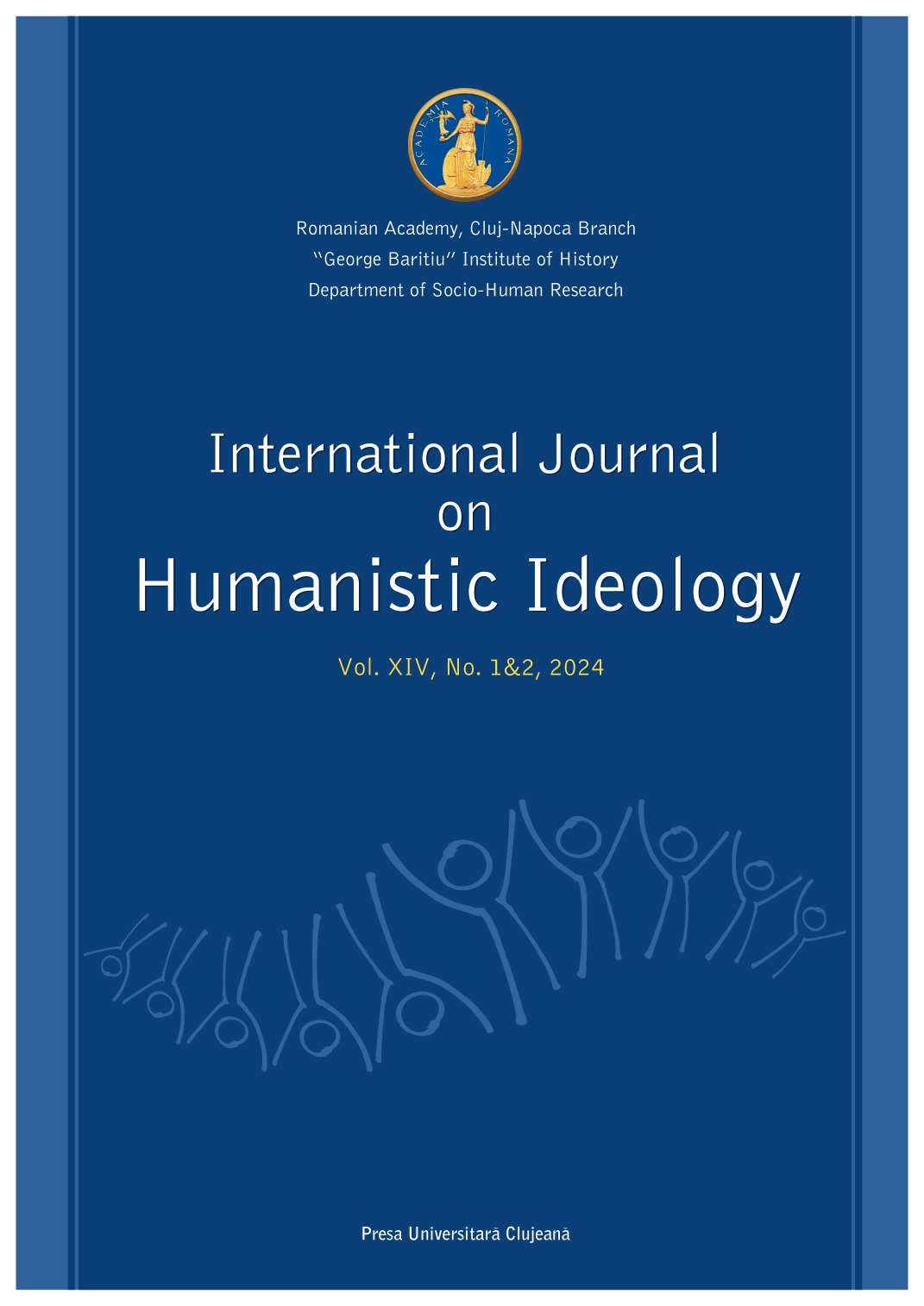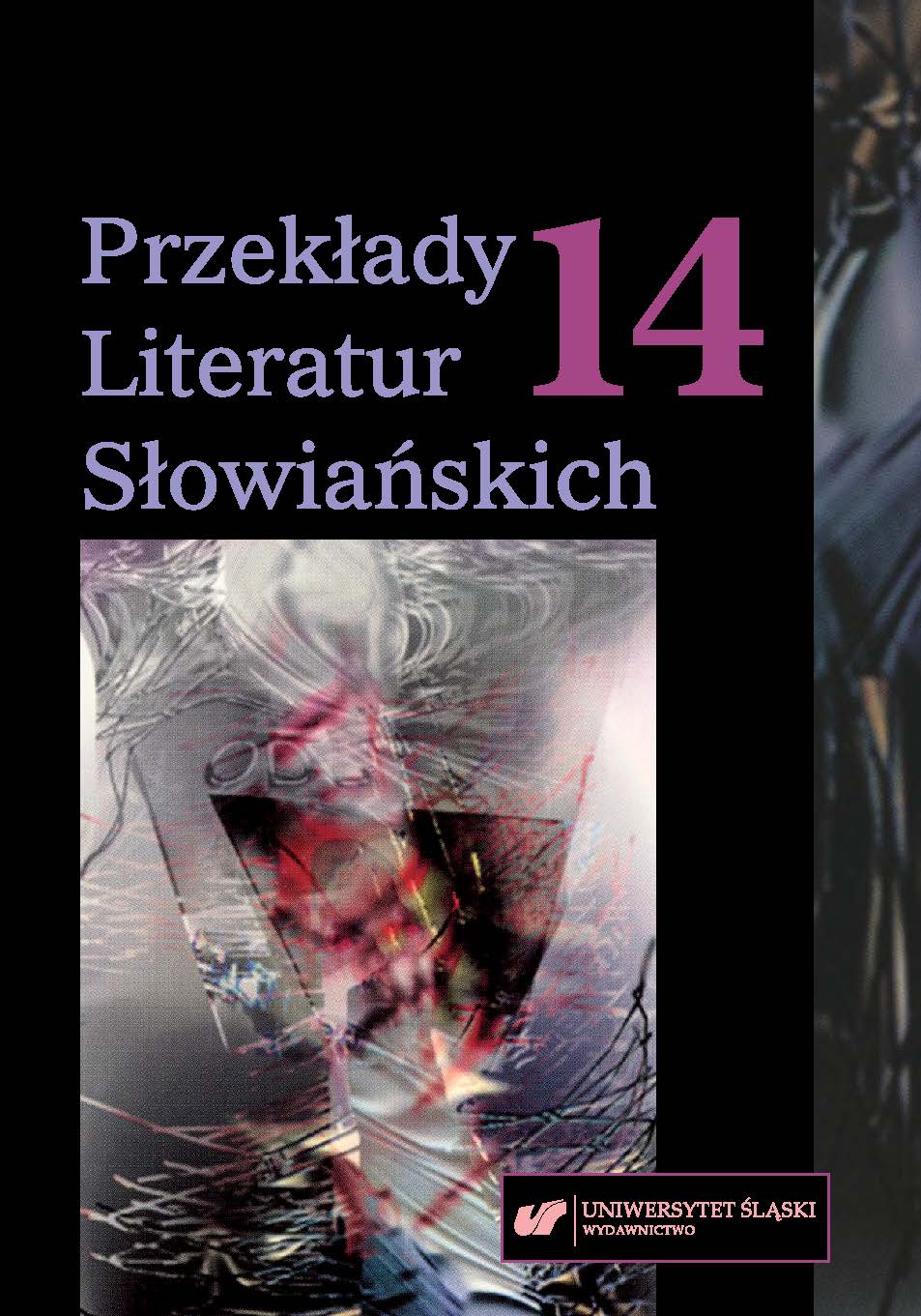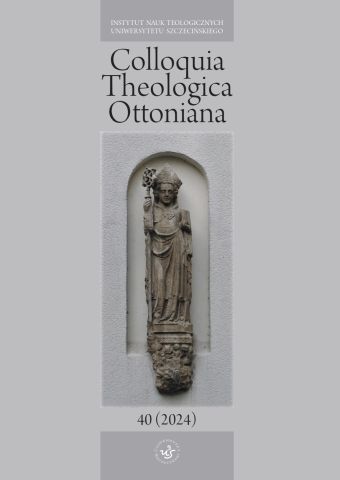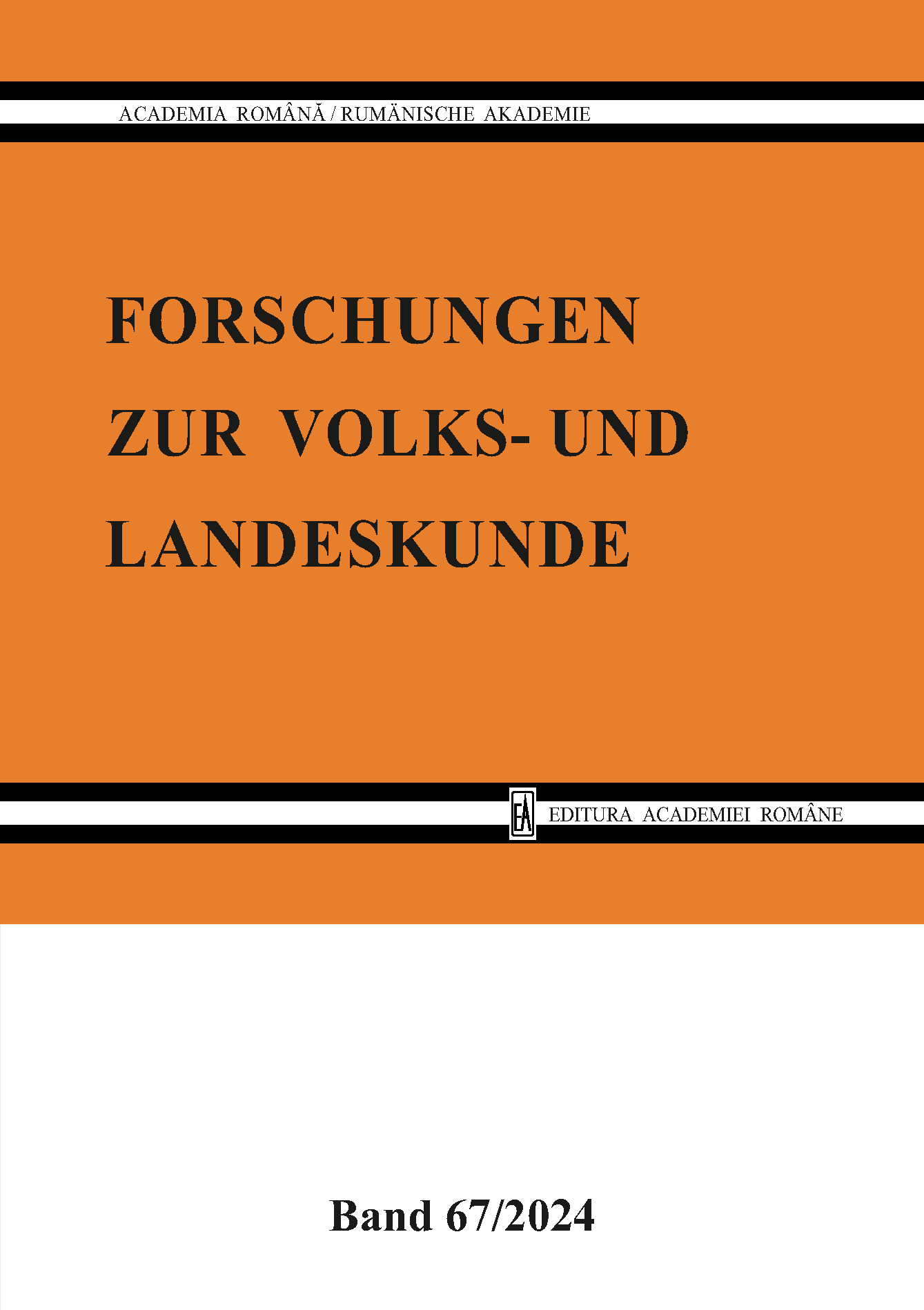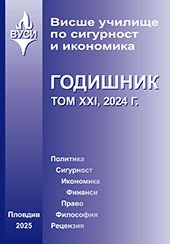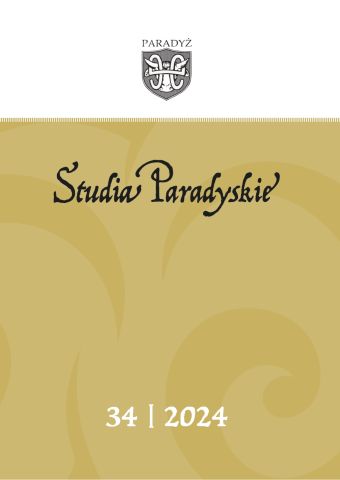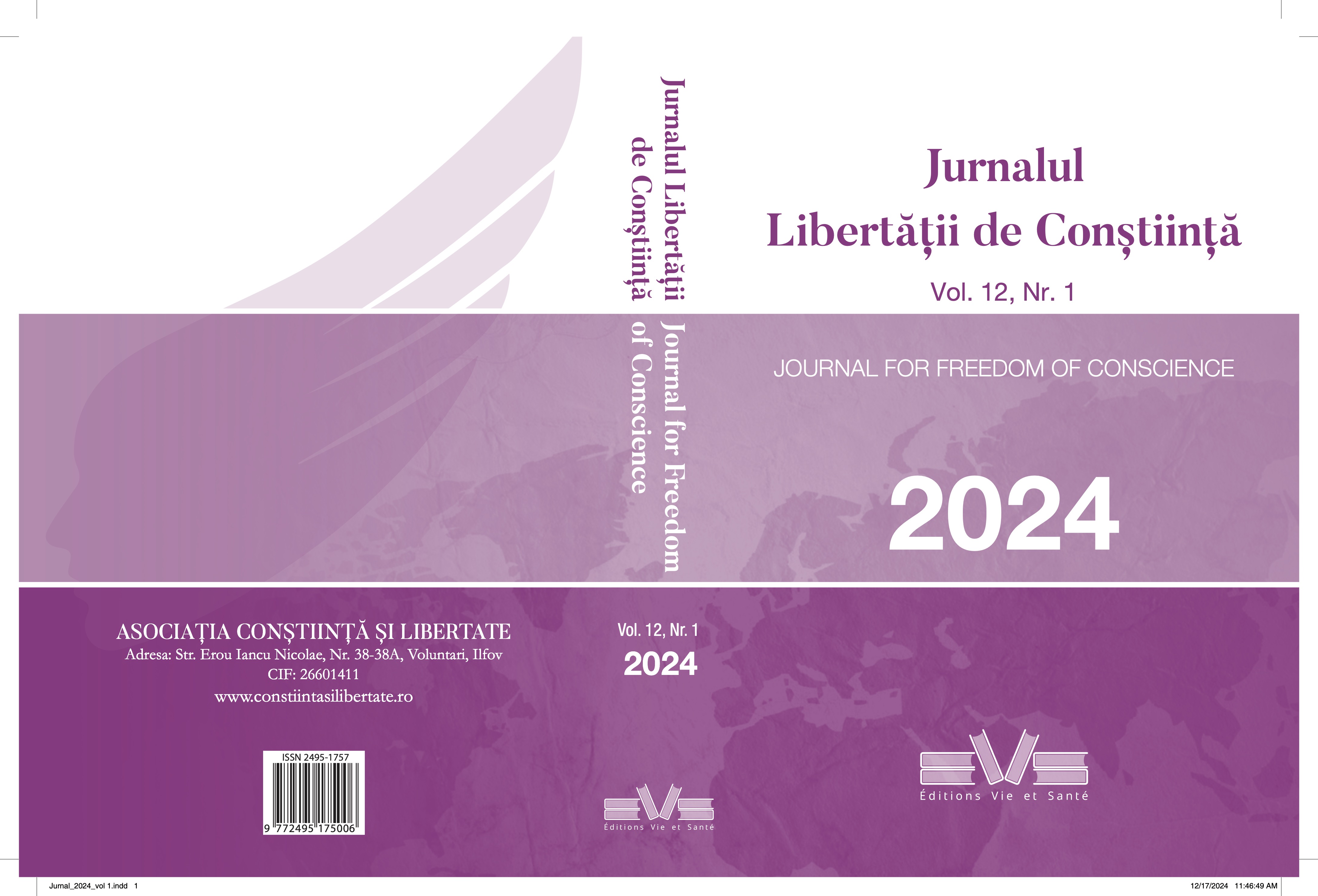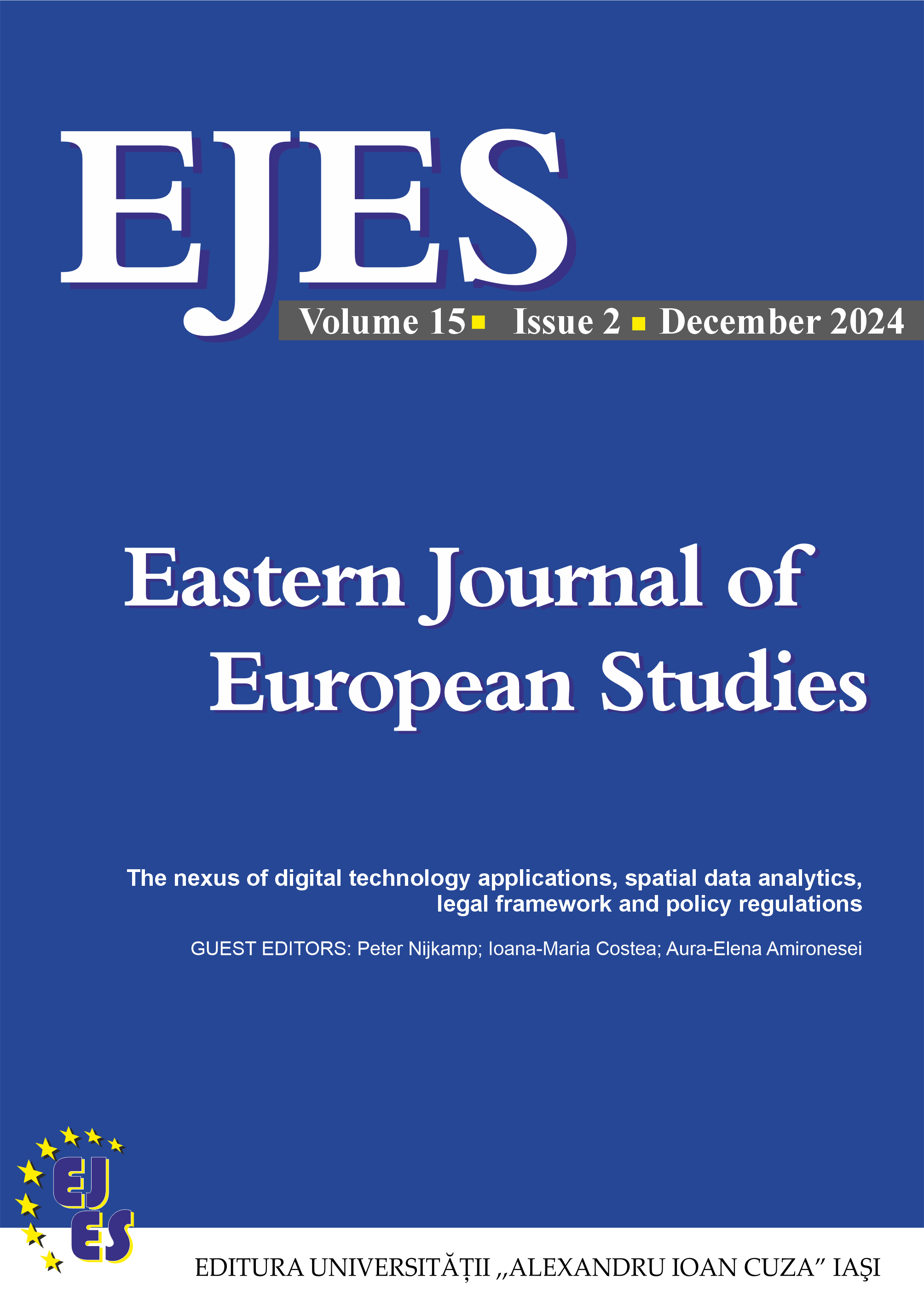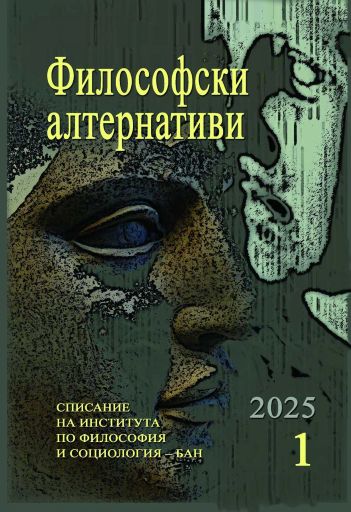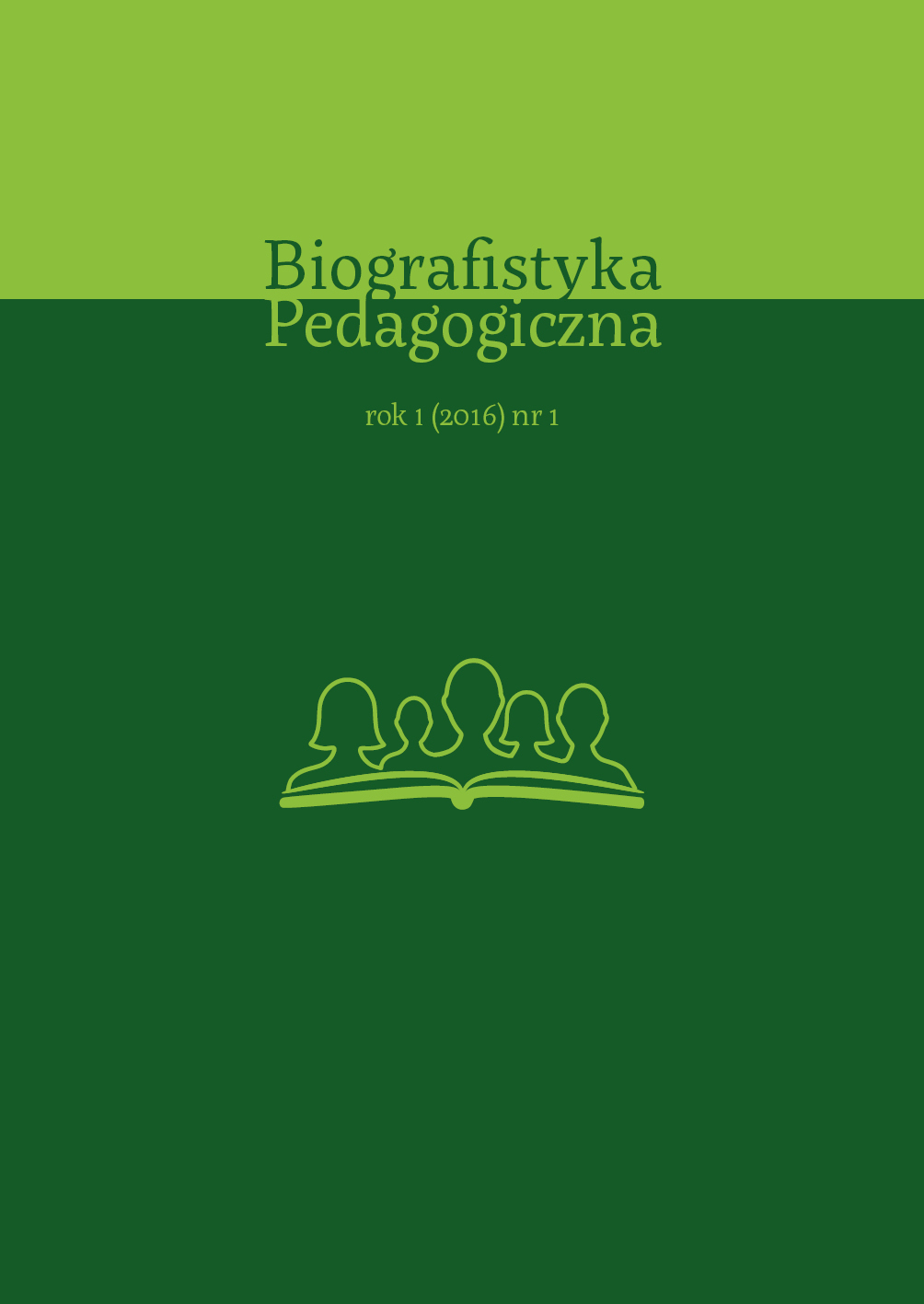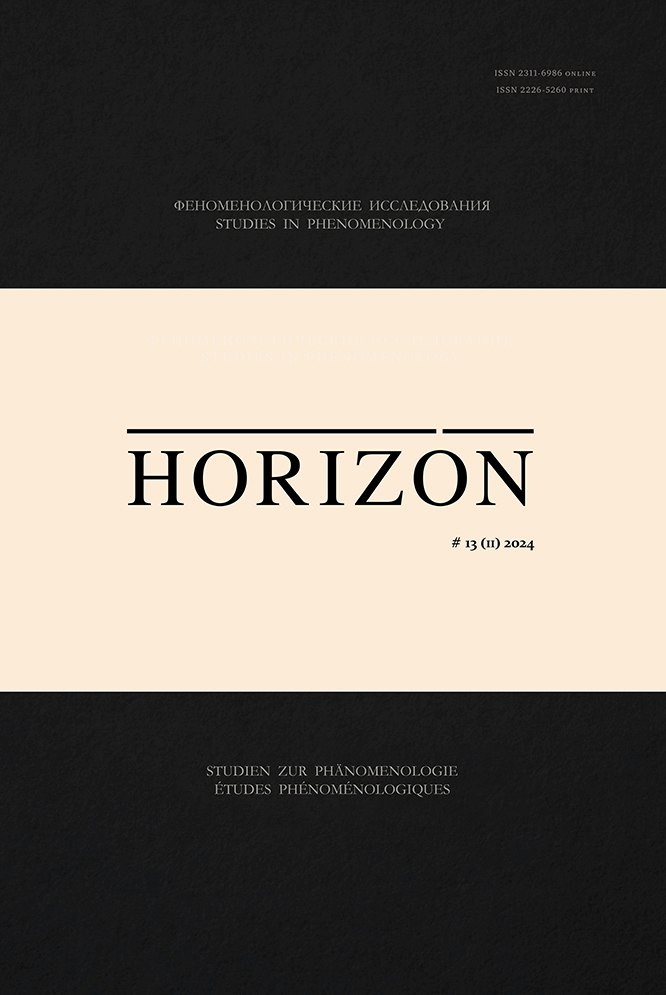
Поэзия Райнера Мария Рильке В Интерпретации Гюнтера Андерса И Ханны Арендт И Кризис Фундаментальной Онтологии
The article examines the ontological problems posed in the work of G. Anders and H. Arendt “The Duin Elegies of Rilke”, which is considered in the context of the evolution of M. Heidegger’s philosophical ideas. In the 30s of the twentieth century, Heidegger’s philosophy underwent a significant shift associated with the transition from the construction of a phenomenologically and anthropologically oriented ontology to the thinking of being, which proceeds from its original openness and follows the guiding thread of language. The interest that the text of Anders and Arendt presents in this regard is that it can also be seen as a statement of the unproductiveness of the phenomenological method of posing and solving ontological problems, the rejection of attempts to reveal the meaning of being based on explication of the structure of human existence, and the shift of emphasis to comprehension of the essence of language and interpretation of poetic speech. In the work under study by Anders and Arendt, two plans of philosophical analysis of Rilke’s poetic text are revealed: first, arguments about poetic thinking as a way of revealing artistic and philosophical truth, and, secondly, a meaningful interpretation of the ideas that are articulated in this poetry. It is noted that Anders and Arendt’s appeal to the poetry of R. M. Rilke and the turn in Heidegger’s thinking could be dictated by similar motives: the search for promising ways to overcome the emerging crisis of the fundamental ontological program. Moreover, as a result of the research, it is suggested that the work of Anders and Arendt, published in1930, to a certain extent outstrips and anticipates the future direction of Heidegger’s reflections, and in shifting the focus of his research interest in language and poetic creativity are realized the interpretative possibilities that were outlined by Anders and Arendt.
More...
